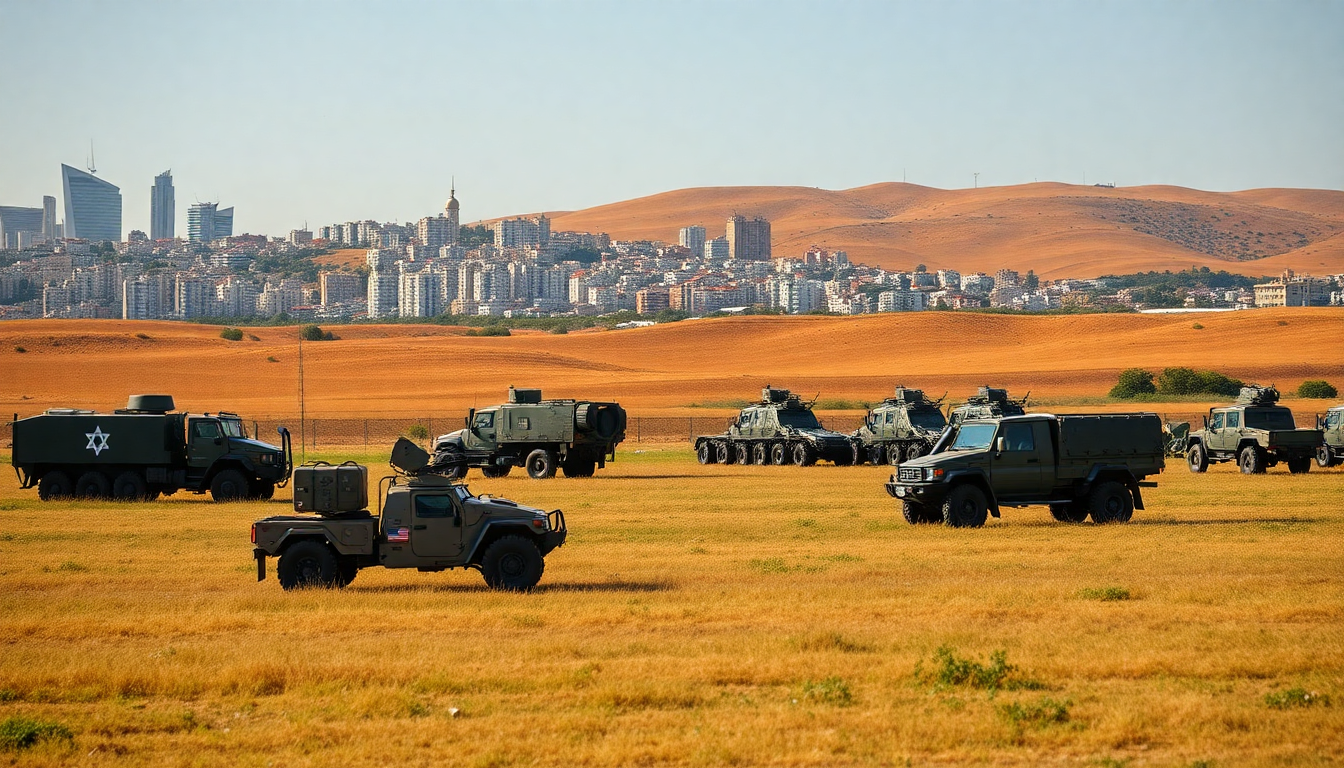As tensions rise in the Middle East, conversations about the potential role of the US in Israel’s military stance against Iran are heating up. German Chancellor Friedrich Merz recently suggested that a US decision could be on the horizon. This situation is a complex mix of diplomacy and military strategy, and it’s worth diving into the details to understand what’s really going on.
### The Backdrop of US-Israel Relations
Let’s start with the relationship between the United States and Israel, which has long been marked by strong military and political support. This partnership is anchored in shared democratic values and mutual strategic interests in the region. Right now, Israeli Prime Minister Benjamin Netanyahu is pushing hard for US military assistance to counteract what he sees as a significant threat from Iran’s nuclear ambitions. The Fordow facility, which is buried deep underground, poses a unique challenge for Israeli forces, making US involvement critical if any military strikes are going to be effective.
Chancellor Merz pointed out that the US’s decision largely depends on whether Iran is open to negotiations. With the Iranian regime’s current stance combined with Israel’s military actions, we’re looking at a complex web of diplomacy and potential conflict. In this scenario, military action isn’t just about defense; it’s also a strategic tool in negotiations.
### Perspectives on Military Action
When it comes to military experts, opinions are split on what a US military strike against Iran would mean. Some argue that without US support, Israel’s ability to target fortified sites like the Fordow facility would be severely limited. There’s also concern among European leaders about the risk of escalating into a larger conflict. Many are skeptical about whether the US is ready to take direct military action right now.
On the flip side, the internal dynamics within Iran are shifting, especially after recent military setbacks. Chancellor Merz noted that significant parts of Iran’s military leadership have been weakened, which could influence how aggressive the regime is moving forward. Understanding this context is vital when considering the potential effectiveness and consequences of any military intervention.
### Future Implications and International Responses
The idea of US military involvement in the Israel-Iran conflict carries heavy implications for global politics. It doesn’t just affect US-Iran relations; it also impacts partnerships with other countries, especially in Europe, where leaders are advocating for a more cautious approach. The comments made by the British Prime Minister at the G7 summit echo this sentiment, as many European leaders are wary of escalating military engagement in the region.
As things unfold, it’s crucial for policymakers to think about the long-term consequences of any military action. They need to weigh the potential for increased regional instability, refugee crises, and geopolitical shifts against the immediate security concerns posed by Iran’s nuclear program.
In conclusion, the discussions surrounding US involvement in Israel’s military campaign against Iran underscore the delicate balance of power in the Middle East. As critical decisions loom, stakeholders must navigate this intricate landscape of diplomacy, military strategy, and international relations. What do you think? How should the US balance its role in this tense situation?


